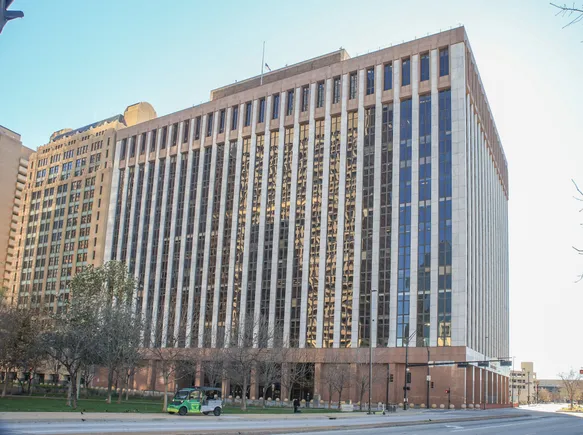Dive Brief:
- A Texas federal judge on Tuesday struck down the Federal Trade Commission’s ban on noncompete agreements in employment contracts, holding that the ban violates the Administrative Procedure Act and exceeds the agency’s statutory authority. The ruling applies nationwide.
- Judge Ada Brown of the U.S. District Court for the Northern District of Texas had already ruled against FTC in Ryan LLC v. Federal Trade Commission last month. Brown preliminarily enjoined the noncompete ban but only with respect to the case’s plaintiffs and plaintiff-intervenors. Her Aug. 20 decision, however, sets the regulation aside entirely, as the APA “does not contemplate party-specific relief,” she wrote.
- FTC’s ban had been set to take effect Sept. 4. Brown’s decision splits with that of a Pennsylvania federal judge who sided with FTC on July 23 and declined to block the ban. Last week, a Florida federal judge also issued a limited injunction of the ban, holding that FTC likely exceeded its statutory authority.
Dive Insight:
The FTC’s noncompete ban targeted contractual clauses that apply to an estimated 1 in 5 U.S. workers by the agency’s own estimates. The rule would have allowed noncompete agreements with certain senior executives prior to the rule’s effective date to remain in force while rendering all other noncompetes unenforceable.
As with other regulatory efforts from the Biden administration, however, the ban was swiftly challenged by employers and business advocates. In addition to the FTC’s ban, those parties also fought the National Labor Relations Board’s joint employer rule as well as the U.S. Department of Labor’s independent contractor and overtime eligibility rules.
In Tuesday’s decision, Brown held that the Federal Trade Commission Act gives the FTC “some authority to promulgate rules to preclude unfair methods of competition” but that the agency “lacks the authority to create substantive rules” such as the noncompete ban. She said this is supported by the fact that Congress did not prescribe sanctions for violations of certain FTC regulations, “which indicates a lack of substantive force.”
Brown also concluded that the FTC’s ban is arbitrary and capricious within the meaning of the APA “because it is unreasonably overbroad without a reasonable explanation.” She said the agency failed to offer evidence for its decision to prohibit all noncompete agreements instead of targeting specific, harmful agreements.
“This is the outcome we have predicted since the FTC first proposed the rule almost two years ago, and we expect it to be upheld on appeal, ultimately by the Supreme Court,” Erik Weibust, member of the firm at Epstein Becker Green, told HR Dive. “This is a perfect example of the judicial system holding unelected bureaucrats to account for their overreach in an area that they have neither the expertise nor Congressional authorization to regulate.”

